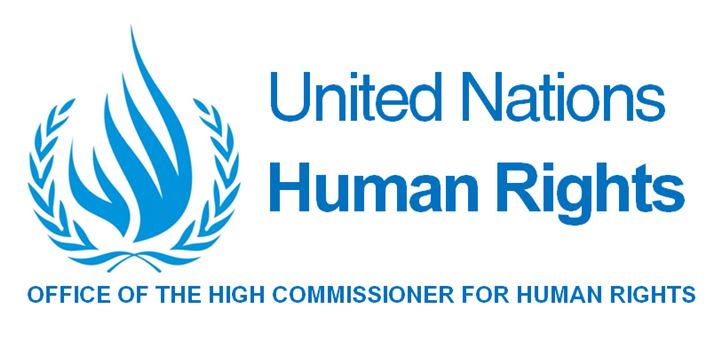The UN Special Rapporteur on extreme poverty and human rights, Olivier De Schutter, today praised Rwanda for its impressive progress in reducing poverty, but warned that much good work could be undone if plans to slash social protection are followed through, leaving the rural poor especially vulnerable.
“Rwanda has made remarkable strides lifting approximately 1.5 million Rwandans out of poverty in just seven years between 2017-2024,” De Schutter said in a statement at the end of his official visit to the country.
“The challenge now is to reach the approximately 3.6 million people still living below the poverty line, in an environment of cuts to international aid and the national budget.”
According to the most recent data, the vast majority of people living below the poverty line live in rural areas, where poverty affects nearly one in three people – almost twice the urban rate. Regional disparities are also stark, with the Western and Southern Provinces, both of which the Special Rapporteur visited, registering the highest poverty levels in the country. Income and wealth inequalities also remain high. The top 1% of earners receive 20% of national income, nearly double the share of the bottom 50%.
These challenges come at a difficult moment. Public debt reached 78.7% of Rwanda’s GDP in January 2025, prompting the government to commit to a sharp reduction in its budget deficit – from 6.9% to 3.3% within two years – entering a period of what De Schutter referred to as “economic shock therapy”.
“The persistence of poverty in rural areas, and especially among those who depend on agriculture for their livelihoods, should guide the hard choices facing the government to reduce its budget deficit,” De Schutter said.
“Rwanda must not make the same mistakes of other countries that have balanced the budget on the backs of the poor – making counterproductive spending cuts that hit the most vulnerable the hardest,” he warned.
De Schutter pointed to “concerning trends” in this regard, including a decrease in the health budget as a share of the national budget from 10% to 7% since 2020/21. Social protection allocations have been slashed by 22% in the 2024/25 budget, with an additional 30% cut anticipated next year.
Funding of policies in areas such as healthcare and social protection depend largely on international donor support, which is becoming increasing unpredictable, leading De Schutter to call for “an urgent rethink in how to sustainably finance these life-saving sectors by better mobilising domestic resources.”
De Schutter pointed to a range of promising initiatives that he urged the government to protect and strengthen further: the universal school feeding programme; the introduction of Imibereho, a social registry to better identify and support households experiencing poverty; community-based health insurance schemes; and the Ejo Heza long-term savings scheme that allows both formal and informal workers to build financial security with government support.
However, the expert expressed concern about the lack of unemployment, family and maternity benefits. The Ingoboka cash transfer remains limited, and with no minimum wage and low unionization, one in four workers lives in poverty.
De Schutter urged the government to strengthen public participation in order to address these concerns, warning that dismissing people’s criticism of its policies as “instigating divisions” or as “causing civil unrest” would ultimately lead to wasteful and ineffective policies.
“It is only by protecting human rights that Rwanda will maintain its momentum on poverty reduction and reap the benefits of its demographic dividend. Only governments that listen and learn are equipped to serve the population: participation allowing for genuine concerns to be put forward, and bottom-up solutions to be proposed, are an indispensable ingredient of development,” De Schutter said.
The Special Rapporteur’s final report on Rwanda will be presented to the UN Human Rights Council in June 2026.
Distributed by APO Group on behalf of United Nations: Office of the High Commissioner for Human Rights (OHCHR).



